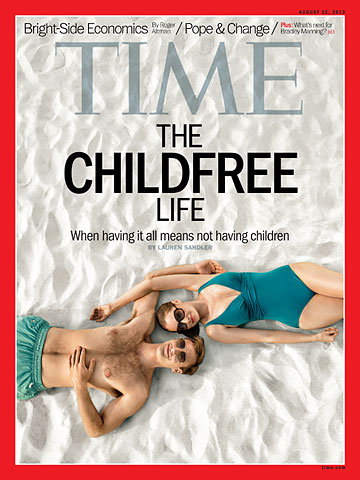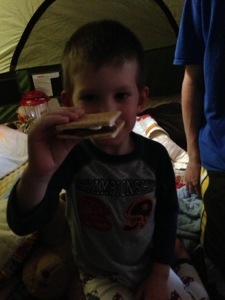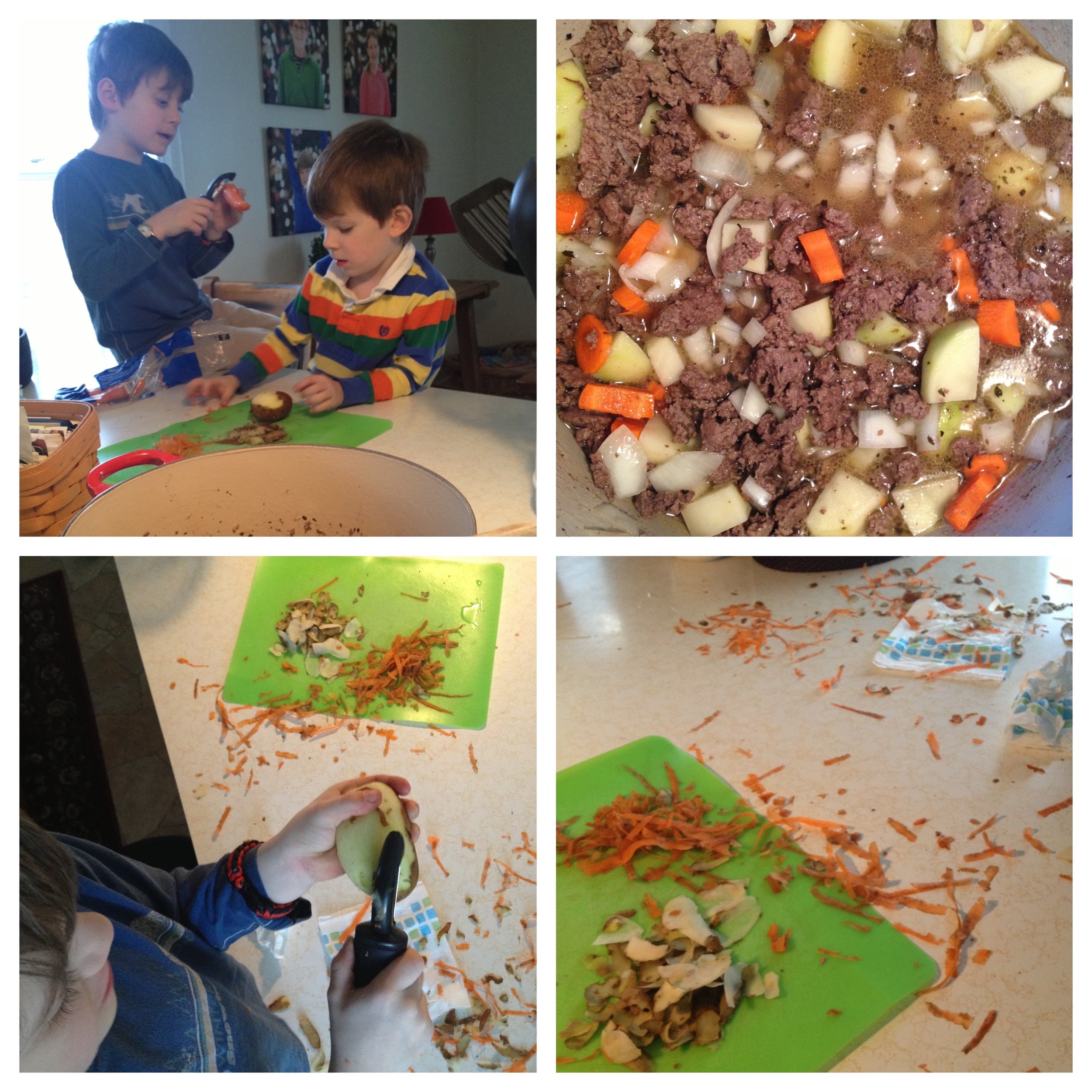"Is that a good book?" I asked my friend, picking up the hardback her son had set on our couch. "I don't know," she said, "I hope so.” She seemed uncertain. “He reads so fast I have a hard time keeping up with him." She said she tries to stay a step ahead, scanning his library selections ahead of time, but not really knowing what's in the books he's reading.
I understand her challenge. Having kids who love books is a good thing. Having readers who are hard to keep up with is both challenge and joy. I'm glad our kids like to read a lot, even as I'm aware of my responsibility to guide their selections. I want them to read creative, excellent, inspiring books. But it can be hard to find those among the weeds on the library shelves. That's increasingly a problem as they advance to middle school and beyond.
With so many bad choices available for kids, how can you find the good ones?
Enter books of books.
These are collections of some of the best of children's literature, mostly classics, with some recents. Officially called "annotated bibliographies," these books contain lists of children's books with a sentence or more describing each book. And they're a great help. When my kids are ready for more books, these are the resources I go to again and again.
Honey for a Child's Heart, by Gladys Hunt
This is my oldest book of books. Written in 1969, Honey is now in its fourth edition. I have the 1978 copy my mom used when we were kids. I've read and re-read it, beginning with the inviting introduction by Stony Brook's Frank Gaebelein. He writes, "The home is still the greatest educational force, and parents who make reading attractive contribute immeasurably to their children's intellectual, emotional, and spiritual development."
Hunt inspires me further, writing,
Children and books go together in a special way. I can't imagine any pleasure greater than bringing to the uncluttered, supple mind of a child the delight of knowing God and the many rich things He has given us to enjoy. This is every parent's privilege, and books are his keenest tools. Children don't stumble onto good books by themselves ...
Hunt makes it her aim to help parents find those good books so they can lead their children well with chapters like What Makes a Good Book?, The Pleasure of a Shared Adventure, and Who Influences Your Children? She follows these with lists of books organized by grade, from picture books for toddlers all the way up to hard chapter books for teenagers.
Read for the Heart, by Sarah Clarkson
This book of books is full of wonderful classics. Clarkson sorts her recommendations by category: Picture Books, Golden Age Classics, Children's Fiction, Fairy Tales, History and Biography; Spiritual Reading for Children; Poetry; and Music, Art, and Nature. I especially like her Appendices that list Caldecott and Newbery Medalists, as well as three well-loved series: G.A. Henty, Trailblazers, and Landmark History. I've been using the lists to build our library of out-of-print classics through used-books websites.
Read Aloud Handbook, by Jim Trelease
When I was pregnant with our first-born, my friend, a grade-school teacher, gave this book to me. It outlasted all the onesies and receiving blankets I received and set me on my way to reading to our children. Trelease convinced me early on of the vast benefits of reading out loud to your children when they're little, and never stopping. He says,
Extensive research has proven that reading aloud to a child is the single most important factor in raising a reader. It is also the best-kept secret in American education. This inexpensive and pleasurable fifteen minutes a day—either in the home or in the classroom--is more effective than worksheets or any other method of reading instruction.
You never outgrow being read to. I still like it when Steve reads to me while I make dinner. I get to hear articles I probably wouldn't find time to read otherwise and we get to talk about what we're reading, thinking through ideas together.
Additional books of books to buy or borrow:
Books Children Love: A Guide to the Best Children's Literature, by Elizabeth Laraway Wilson, with a foreword by Susan Schaeffer Macaulay, daughter of L'Abri's Francis and Edith Schaeffer.
Though not primarily a book of books, Susan Wise Bauer and Jessie Wise's The Well-Trained Mind includes a robust annotated bibliography as part of their list of resources for educating at home. If you're looking for living books by subject (e.g., history, art, literature) and grade, this is good go to.
The Read-Aloud Family: Making Meaningful and Lasting Connections with Your Kids, by Sarah Mackenzie, founder and host of the Read Aloud Revival podcast.
If you have a good library near by, I suggest getting all of these in turn to decide which will best meet your needs and fit your style of reading. One good book of books will keep your library basket full of great books for a while.
That first baby shower is a distant memory now. But I’ve since followed my gift-giving friend's example and give one of these wonderful resource books to expectant moms. Second only to a silver cup or spoon, books outlast all other shower gifts. You may not be able to eat out of a book, but well chosen, it will nourish your soul forever.


















